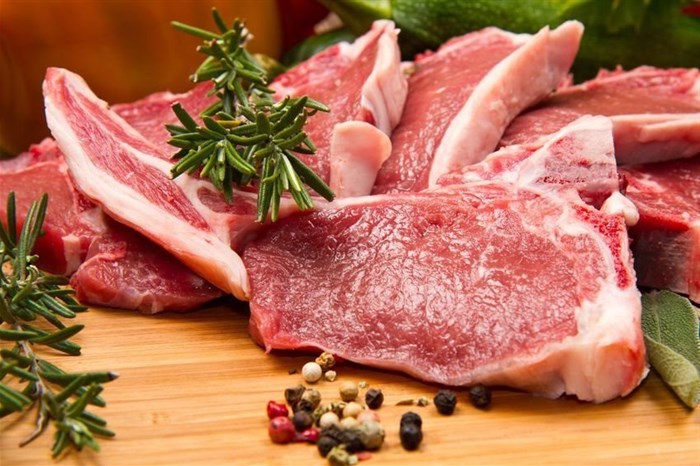
Related
Top stories






More news

Marketing & Media
Warner Bros. was “nice to have” but not at any price, says Netflix

Logistics & Transport
Maersk reroutes sailings around Africa amid Red Sea constraints

















MEC Meyer says: "We celebrate the fact that 'Karoo Lamb / Karoo Lam' is the first South African product to be registered as a GI under the Agricultural Products Standards Act. As a result, the delineated area, interaction between product and geography, acceptable production practices and certification processes have been protected. Essentially, the unique ways in which Karoo Lamb is produced is recognised for its high quality and standards and will be protected."
“This registration protects the reputation of Karoo Lamb and will ensure that the financial and reputational benefits return to the region”, adds MEC Meyer.
In his comment, Western Cape Premier, Alan Winde says: "I welcome the move to recognise Karoo Lamb/Karoo Lam as a Geographical Indication. The unique nature of the Karoo’s lamb was already world-renowned and this designation will further boost the region’s agriculture sector and help drive job creation.
"I want to thank all those who have worked hard to achieve this recognition, which will put the Karoo on the map and further showcase the Western Cape’s already impressive agricultural sector, which is a key part of our provincial economy."
Dr Dirk Troskie, director of business planning and strategy with the Western Cape Department of Agriculture, highlights that the unique combination of the Karoo’s geology, rainfall patterns, harsh climate and unique vegetation, culminates in lamb and mutton with unique, easily distinguishable, sensory characteristics.
Dr Troskie comments: Various scientific studies have shown that grazing plants in the Karoo region impart herbal and musty flavour attributes to meat from the sheep of this region. Karoo Lamb meat has specific aromatic and sensory attributes, which can be directly attributed to the geographical area. In order to be recognised, the typical natural vegetation of the Nama Karoo and Succulent Karoo Biomes within the Great Karoo must be present on the farm from which the Karoo Lamb is sourced."
The Western Cape Towns of Beaufort West, Laingsburg and Prince Albert fall within the core region of the Karoo geographical area which covers 19.33 million hectares of natural grazing and will benefit from this registration.
"Animals raised on farms in the Karoo region through free range grazing on Karoo veld qualify as Karoo Lamb. Proof of origin of the animals must be provided through the traceability system of the qualifying abattoirs that need to verify that all animals delivered by the registered and listed owners originate from farms in the defined Karoo region," adds Dr Troskie.
MEC Meyer also extended his gratitude to those who identified the need for Karoo lamb to be protected and pursued the realisation of this goal.
MEC Meyer says: "Congratulations to the Karoo Lamb Consortium who, with the support of institutions such as the Western and Northern Cape Provinces, the Universities of Pretoria and Stellenbosch and the French Agricultural Research Centre for International Development (CIRAD), for supporting farmers in the Karoo in developing the product description and getting the necessary systems in place.”
“We believe that this is only the first step in securing the uniqueness of the Karoo. The opportunities for producers to follow this example are endless for other Karoo-bred and raised animals. Perhaps in time, other regions such as the Hantam, Klein Karoo, and the Overberg will also be recognised for their lamb,” concluded MEC Meyer.